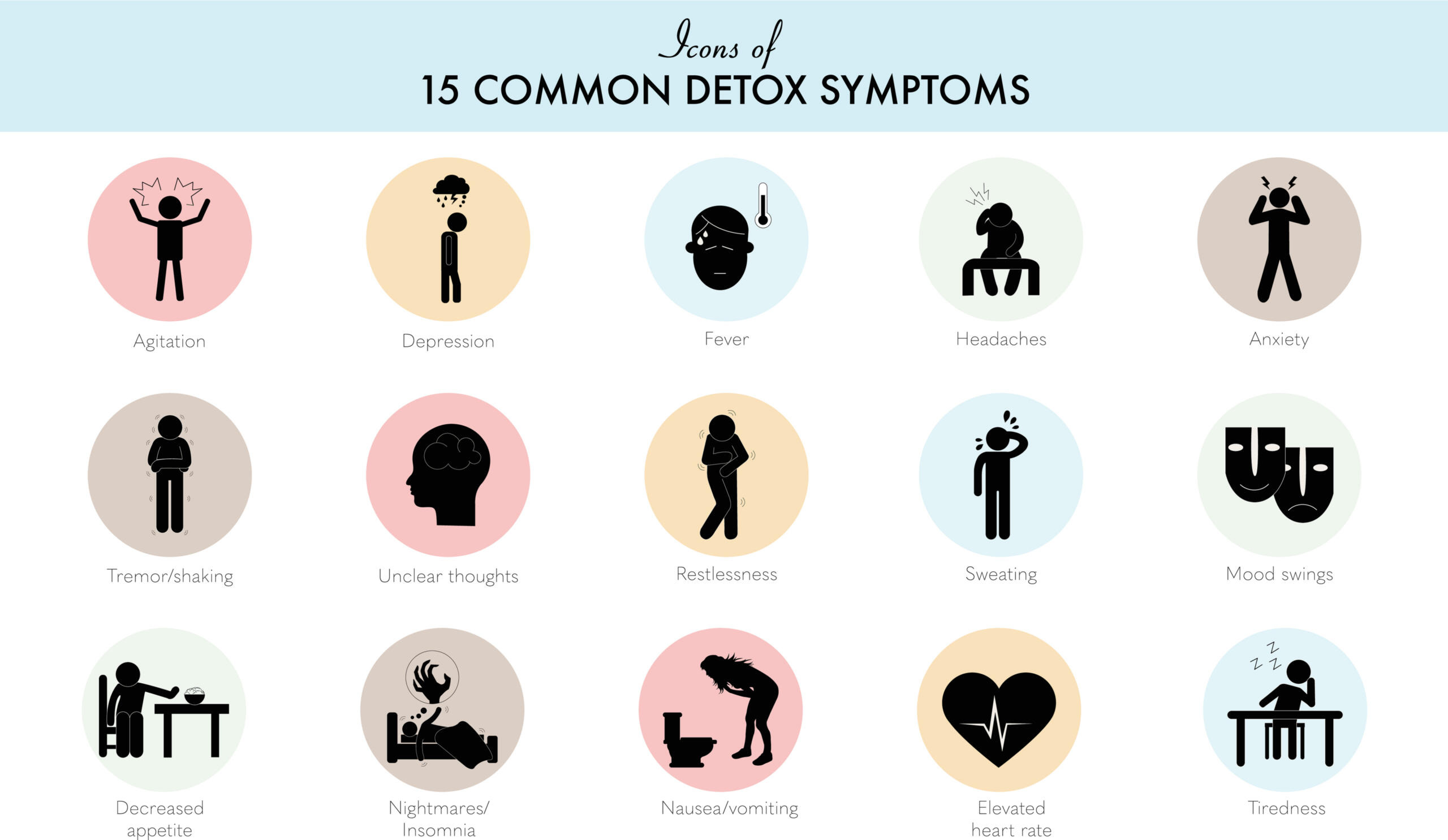Seven Sensible Ways to turn Medical Detox Into a Sales Machine
페이지 정보

본문
Introduction:
Marijuana, also called cannabis or Dual Diagnosis (over here) grass, is one of the most widely used illicit medicines globally. With an ever-increasing push for legalization in a number of nations, it is very important to know the possibility risks connected with marijuana addiction. This report aims to supply a comprehensive overview of marijuana addiction, highlighting its impacts on people and society.
Marijuana Addiction: Definition and Prevalence:
Marijuana addiction, also known as cannabis utilize condition (CUD), is an ailment characterized by an individual's compulsive marijuana usage despite experiencing unfavorable effects. In line with the World Drug Report 2021 posted because of the United Nations workplace on Drugs and Crime, around 5.7 million men and women global suffer from marijuana disorders. This staggering figure emphasizes the need to deal with this growing problem.
Psychological and Bodily Issues:
The psychoactive ingredient in marijuana, delta-9-tetrahydrocannabinol (THC), affects the brain's reward system, ultimately causing addictive behaviors. Constant cannabis usage could cause numerous emotional results such impaired memory, diminished concentration, and altered judgment. Furthermore, physical effects feature breathing issues, increased heartrate, and prospective lung damage from cigarette smoking.
 Dependency and Withdrawal Signs:
Dependency and Withdrawal Signs:
Regular marijuana use may cause dependency, with individuals experiencing detachment signs upon cessation. These symptoms can include frustration, anxiety, insomnia, losing desire for food, and intense cravings for cannabis. The severe nature and length of detachment symptoms may differ depending on the degree of addiction and specific elements.
Affect Psychological State:
Marijuana addiction is normally linked to mental health problems. Studies have shown a heightened chance of developing psychological illnesses eg depression, anxiety, and psychosis among heavy cannabis people. More over, those with pre-existing psychological state problems may experience worsened signs because of prolonged marijuana use, exacerbating their general wellbeing.
Social Ramifications:
Marijuana addiction not only affects individuals but has broader social implications aswell. Prolonged marijuana usage can cause impaired cognitive functioning, affecting educational and occupational overall performance. Also, addiction can strain relationships with buddies, household, and colleagues, ultimately causing social isolation. It may may also increase the possibilities of engaging in dangerous behaviors and criminal activities, more impacting societal well-being.
Treatment and Intervention:
Managing marijuana addiction typically involves a mix of behavioral treatments, guidance, and support groups. Cognitive-behavioral treatment (CBT) is generally employed to help people recognize triggers, develop dealing techniques, and alter addictive habits. Also, motivational interviewing and community-based programs can provide important help throughout the healing up process.
Conclusion:
Marijuana addiction is a concerning concern that needs interest from healthcare providers, policymakers, and society in general. It is crucial to identify the potential risks related to marijuana use, especially the improvement addiction. Advertising public awareness, very early input, and accessibility efficient treatment plans are crucial actions in mitigating the negative consequences of cannabis addiction. Just by handling this issue comprehensively can we work at a healthy and much more well-informed community.
Marijuana, also called cannabis or Dual Diagnosis (over here) grass, is one of the most widely used illicit medicines globally. With an ever-increasing push for legalization in a number of nations, it is very important to know the possibility risks connected with marijuana addiction. This report aims to supply a comprehensive overview of marijuana addiction, highlighting its impacts on people and society.
Marijuana Addiction: Definition and Prevalence:
Marijuana addiction, also known as cannabis utilize condition (CUD), is an ailment characterized by an individual's compulsive marijuana usage despite experiencing unfavorable effects. In line with the World Drug Report 2021 posted because of the United Nations workplace on Drugs and Crime, around 5.7 million men and women global suffer from marijuana disorders. This staggering figure emphasizes the need to deal with this growing problem.
Psychological and Bodily Issues:
The psychoactive ingredient in marijuana, delta-9-tetrahydrocannabinol (THC), affects the brain's reward system, ultimately causing addictive behaviors. Constant cannabis usage could cause numerous emotional results such impaired memory, diminished concentration, and altered judgment. Furthermore, physical effects feature breathing issues, increased heartrate, and prospective lung damage from cigarette smoking.
 Dependency and Withdrawal Signs:
Dependency and Withdrawal Signs:Regular marijuana use may cause dependency, with individuals experiencing detachment signs upon cessation. These symptoms can include frustration, anxiety, insomnia, losing desire for food, and intense cravings for cannabis. The severe nature and length of detachment symptoms may differ depending on the degree of addiction and specific elements.
Affect Psychological State:
Marijuana addiction is normally linked to mental health problems. Studies have shown a heightened chance of developing psychological illnesses eg depression, anxiety, and psychosis among heavy cannabis people. More over, those with pre-existing psychological state problems may experience worsened signs because of prolonged marijuana use, exacerbating their general wellbeing.
Social Ramifications:
Marijuana addiction not only affects individuals but has broader social implications aswell. Prolonged marijuana usage can cause impaired cognitive functioning, affecting educational and occupational overall performance. Also, addiction can strain relationships with buddies, household, and colleagues, ultimately causing social isolation. It may may also increase the possibilities of engaging in dangerous behaviors and criminal activities, more impacting societal well-being.
Treatment and Intervention:
Managing marijuana addiction typically involves a mix of behavioral treatments, guidance, and support groups. Cognitive-behavioral treatment (CBT) is generally employed to help people recognize triggers, develop dealing techniques, and alter addictive habits. Also, motivational interviewing and community-based programs can provide important help throughout the healing up process.
Conclusion:
Marijuana addiction is a concerning concern that needs interest from healthcare providers, policymakers, and society in general. It is crucial to identify the potential risks related to marijuana use, especially the improvement addiction. Advertising public awareness, very early input, and accessibility efficient treatment plans are crucial actions in mitigating the negative consequences of cannabis addiction. Just by handling this issue comprehensively can we work at a healthy and much more well-informed community.
- 이전글Some great benefits of Various kinds of Dara Rehab 24.01.09
- 다음글Free Hookups Near Me Expert Interview 24.01.09
댓글목록
没有注册评论。
